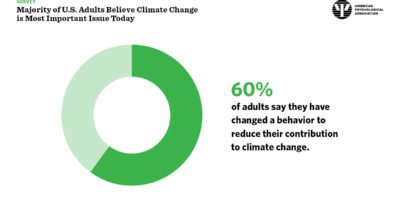Even if you didn’t watch the Super Bowl on Sunday, chances are you saw the Travis Kelce memeson social media, even before you saw Usher and the half-time show. What 123.4 million television viewers saw was Kelce in an agitated moment directed at head coach Andy Reid. It was a frightening glimpse of what anger looks like.
What Was That?
Anger management has evolved into what we call distress tolerance or emotional regulation skills. This aligns more with trying to develop understanding of anger as a healthy secondary emotion, where it comes from, and what we can do with it to accomplish our goals while preserving our relationships and the rights of others. In Kelce’s case, he was frustrated about not being put in the game.
Solutions, Please
There are healthier ways to express anger. It’s one of the things discussed in Spectrum Health’s Distress Tolerance group. I really enjoyed creating this group as a new resource for the community. For me it addresses a huge fracture in the foundation of human relationships bleeding from parent to child, partner to partner, and even major organizations to its audience.
In my professional experience, behavior like we saw Super Bowl weekend from Kelce is commonplace, particularly in media and in interpersonal relationships. Displays like this can happen when a combination of genetic predisposition meets dysregulated models in upbringing meets an environment that permits aggression as an ideal. It’s unfortunate that one of the biggest athletic stages allows this grandstanding, among other incidents of verbal and physical violence that is frequently part of major sports. While frustration can be understandable, reactivity can be wildly uncalled for and wildly unhealthy. In other words, Kelce, there are better, healthier ways to successfully express yourself.
Admitting You Need Help is the First Step; You’re Not Alone
The Distress Tolerance group meets at our Southtowns Counseling Center (326 Orchard Park Rd, West Seneca) and is open to any Spectrum Health client who is looking to develop healthier relationships, learn new skills to tolerate frustration and stress, or potentially satisfy legal obligations for required classes. Members will participate in a 12-week CBT-based curriculum developed by the Substance Abuse and Mental Health Services Administration (SAMHSA) lead by one of our licensed clinicians.
Kacey Huon, LMSW, BSW, BA
Clinician



